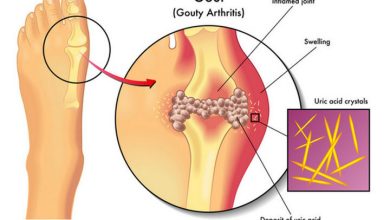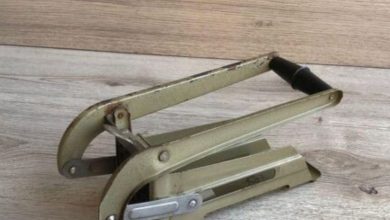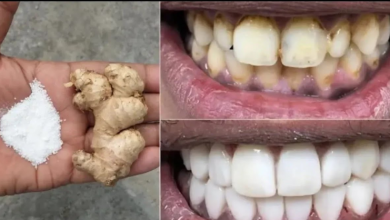If the cleaning device were the last shower accessory ever made, some skincare professionals said they wouldn’t use it.
Regarding shower procedure, there appear to be two distinct groups of people: those who use a loofah and those who do not.
Not to embarrass anyone, but we recently learned about a possible health risk that exclusively impacts people in the former category.
Let’s just say, it’s not for the weak of heart.
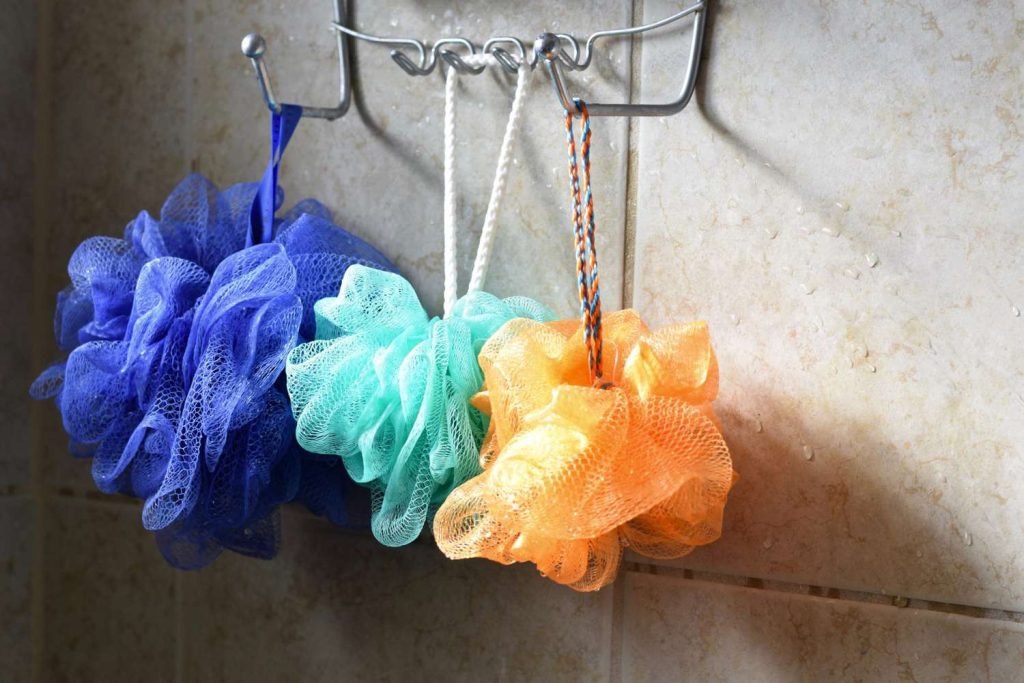
Even if you’ve never heard of the somewhat odd word “loofah,” you’ll probably recognize the bathing implement it refers to.
To refresh your memory, however, a shower loofah is essentially a kind of sponge composed of a circular network of mesh-like knots.
In order to hang it on your shower hooks or taps, it typically has a loop of string connected to the center.
They are typically constructed of plastic and are used to clean and exfoliate your skin while taking a shower.
After squeezing a drop of shower gel onto the damp loofah, you start using it to scrub every nook and cranny of your body until you’re completely clean.
When you’re finished, you hang it up, squeeze it a few times till the running water rises, and then you’re ready to do it again.
With the help of these convenient sponges, you can wash your entire body without using your hands, eliminating dead skin as you go.
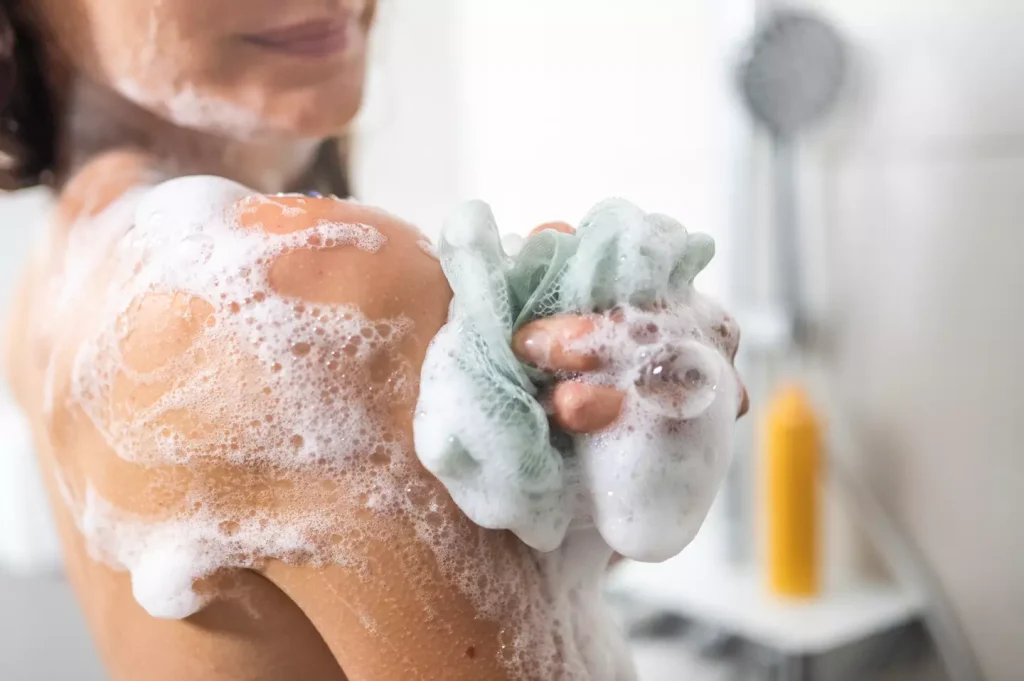
And one of the main selling points for the loofah, which is used by hundreds of thousands of customers annually, is its reusability.
However, what if we told you that this specific feature of the product can be more detrimental to your bathing regimen than beneficial?
In fact, if loofahs were the final cleaning tool in existence, many skincare professionals wouldn’t touch one, according to experts at the Dermatology Institute.
This is because they seem to be a veritable bacterial hotbed that can harbor dangerous infections for months at a time.
For this reason alone, board-certified dermatologist Joel Schlessinger, MD, recently stated on the forum that he would never apply one to his skin while taking a shower.
He clarified, “I wouldn’t advise using a buff puff or loofah.”
“Loofah sponges are intimate with many unclean areas of the body and then sit around allowing bacteria to multiply within the nooks and crannies of the sponge.”
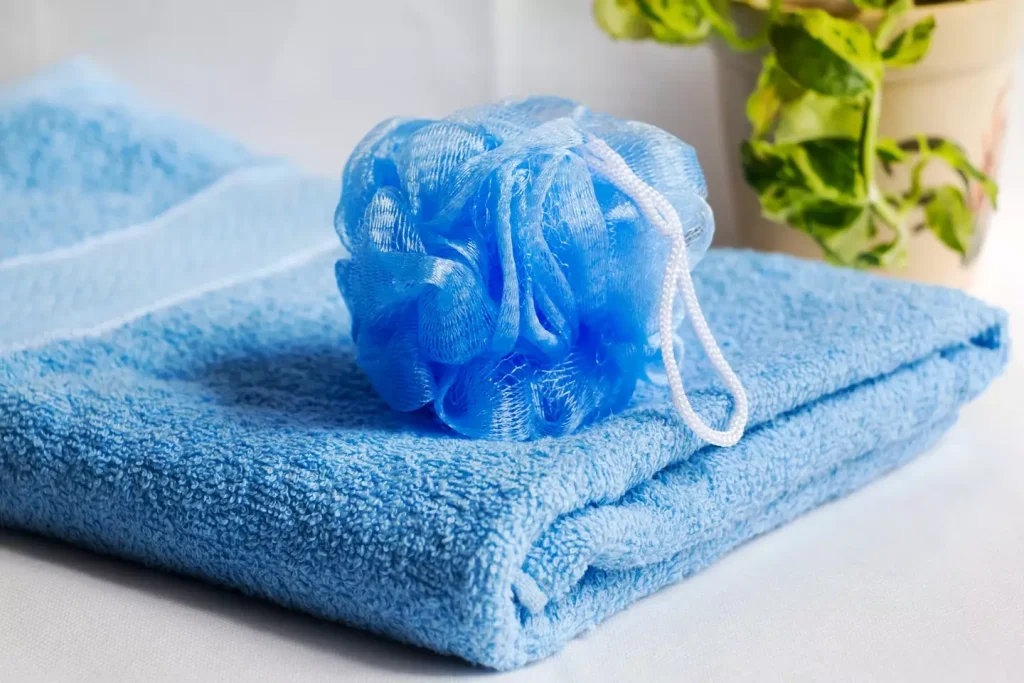
According to the website, because loofahs are frequently warm and damp, they can be the ideal place for organisms to colonize.
Additionally, these kinds of settings may be more susceptible to severe illnesses, which would inevitably have a far worse effect on bathers with weakened immune systems.
However, before you start arguing with us about your cherished loofah, medical professionals did state that in certain situations, these devices are the most effective way to clean, particularly when a skin problem is present.
Loofahs are genuinely advised for people with illnesses that cause cell accumulation, such as psoriasis, in order to remove the skin.
However, they must continue to be aware of cover-scrubbing, use it only once or twice a week, and always rinse the loofah well before allowing it to air dry.
To get rid of any leftover germs, you can also immerse the gadget in vinegar or diluted bleach.



